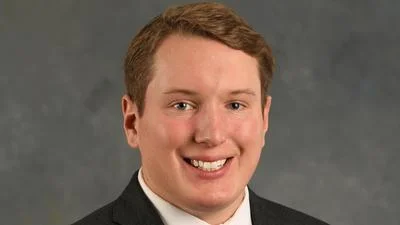State Senator Andrew S. Chesney | Illinois General Assembly
State Senator Andrew S. Chesney | Illinois General Assembly
Homeowners in Illinois are once again bracing for the arrival of their annual property tax bills, a recurring source of financial strain. The state's residents face some of the highest tax burdens in the nation, with Illinois ranking second in property taxes across the United States.
The increase in property taxes is often attributed to local governments and school districts. However, deeper analysis reveals that state government actions play a significant role. According to critics, unfunded mandates from state legislators compel local entities to comply with new requirements without providing necessary funding. This situation forces municipalities and school districts to raise funds through higher property taxes.
Education is one area heavily impacted by these mandates. New curriculum requirements and enhanced security protocols are examples where schools must find additional revenue, typically leading to increased property taxes.
Another issue affecting local budgets is the Local Government Distributive Fund (LGDF). Governor JB Pritzker has been criticized for reallocating portions of this fund intended for essential services like police and fire protection into state accounts. Municipalities then face difficult choices between cutting services or raising taxes.
State-imposed regulations on environmental compliance, public safety, health regulations, and infrastructure further burden local governments. These mandates present challenges for large cities but can be devastating for smaller communities with limited resources.
Republicans have consistently introduced legislation aimed at alleviating these pressures by proposing measures to fund mandates and return money to local governments. However, these efforts have been repeatedly blocked by Democratic leadership who instead offer task forces that critics argue achieve little progress.
For genuine relief from rising property taxes, lawmakers need to tackle underlying issues such as unfunded mandates and wasteful spending while empowering local governments with more flexibility.






 Alerts Sign-up
Alerts Sign-up